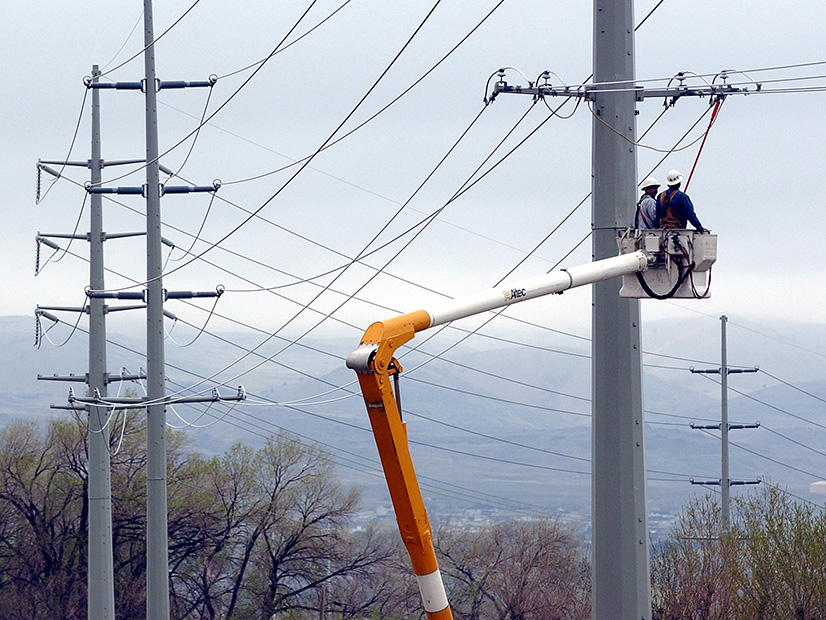FERC on Thursday ordered show cause proceedings on the transmission formula rate protocols of five Western utilities, saying they do not appear to provide customers and regulators the ability to challenge rates resulting from the formulas.
The commission opened proceedings under Section 206 of the Federal Power Act on the formula rate protocols of PacifiCorp (EL22-38), Idaho Power (EL22-37), Puget Sound Energy (EL22-41), Public Service Company of New Mexico (EL22-40) and Public Service Company of Colorado (EL22-39) (NASDAQ: XEL).
The commission said the companies’ rate protocols did not meet the standards it has required since a 2012 order regarding MISO’s transmission owners.
Under formula rates, the commission does not require transmission owners to make FPA Section 205 filings to update their annual transmission revenue requirements. Instead the utilities update the input data in the formulas.
“Safeguards need to be in place to ensure that the input data is correct, that calculations are performed consistent with the formula, that the costs to be recovered in the formula rate are reasonable and were prudently incurred, and that the resulting rates are just and reasonable,” FERC said.
“Formula rate protocols provide the parties paying for transmission service specific procedures for notice of, review of, and challenges to the rates that they will be charged. In order to fulfill this purpose, formula rate protocols must afford adequate transparency to affected customers, state regulators or other interested parties, as well as provide mechanisms for resolving potential disputes.”
The commission’s orders Thursday found that each of the five utilities’ protocols fell short on one or more of the following: “(1) the scope of participation (i.e., who can participate in the information exchange); (2) the transparency of the information exchange (i.e., what information is exchanged); and (3) the ability of customers to challenge transmission owners’ implementation of the formula rate as a result of the information exchange (i.e., how the parties may resolve their potential disputes).”
In the 2012 MISO order, the commission ruled that the MISO’s protocols inappropriately limited who could participate in the review processes and directed MISO and the transmission owners to revise them to include all interested parties, including customers under the MISO tariff, state utility regulatory commissions, consumer advocacy agencies and state attorneys general (143 FERC ¶ 61,149).
Similarly, the commission said Thursday that PacifiCorp’s protocols do not define the term “interested party” to identify who is eligible to participate. “Without such a definition, PacifiCorp’s formula rate protocols may not provide sufficient clarity and may provide PacifiCorp with the discretion to determine who is an interested party, and therefore appear to be unjust and unreasonable,” the commission said.
In the Puget Sound order, the commission said the utility’s protocols regarding challenge procedures lacked “straightforward and defined procedures” or “the level of specificity required” in the MISO standard.
It ordered each of the utilities to respond within 60 days to either show cause as to why its protocols remain just and reasonable or explain what changes it will make to remedy the commission’s concerns.




